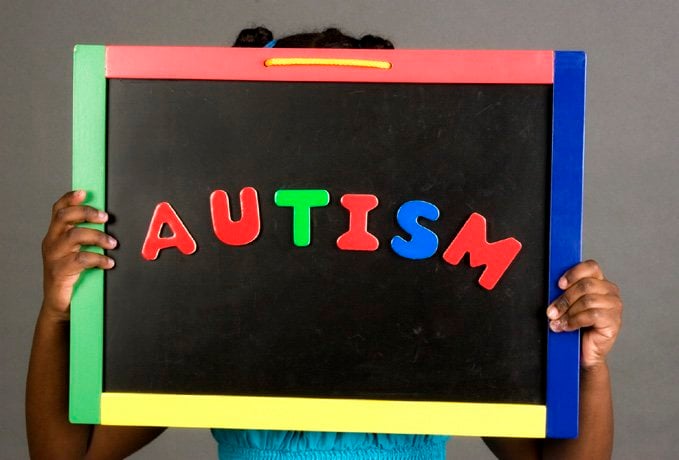Scientists have known that abnormal brain growth is associated with autism spectrum disorder. However, the relationship between the two has not been well understood.
Now, scientists from the Florida campus of The Scripps Research Institute (TSRI) have shown that mutations in a specific gene that is disrupted in some individuals with autism results in too much growth throughout the brain, and yet surprisingly specific problems in social interactions, at least in mouse models that mimic this risk factor in humans.
“What was striking is that these were basically normal animals in terms of behavior, but there were consistent deficits in tests of social interaction and recognition—which approximate a major symptom of autism,” said Damon Page, a TSRI biologist who led the study. “This suggests that when most parts of the brain are overgrown, the brain somehow adapts to it with minimal effects on behavior in general. However, brain circuits relevant to social behavior are more vulnerable or less able to tolerate this overgrowth.”
The study, which focuses on the gene phosphatase and tensin homolog (PTEN), was recently published online ahead of print by the journal Human Molecular Genetics.

Autism spectrum disorder is a neurodevelopmental disorder involving a range of symptoms and disabilities involving social deficits and communication difficulties, repetitive behaviors and interests, and sometimes cognitive delays. The disorder affects in approximately one percent of the population; some 80 percent of those diagnosed are male.
In a previous study, Page and colleagues found that mutations in Pten causes increased brain size and social deficits, with both symptoms being exacerbated by a second “hit” to a gene that regulates levels of the neurotransmitter serotonin in the brain. In the new study, the TSRI team set out to explore whether mutations in Pten result in widespread or localized overgrowth within the brain, and whether changes in brain growth are associated with broad or selective deficits in tests of autism-relevant behaviors in genetically altered mice. The team tested mice for autism spectrum disorder-related behaviors including mood, anxiety, intellectual, and circadian rhythm and/or sleep abnormalities.
The researchers found that Pten mutant mice showed altered social behavior, but few other changes—a more subtle change than would have been predicted given broad expression and critical cellular function of the gene.
Intriguingly, some of the more subtle impairments were sex-specific. In addition to social impairments, males with the mutated gene showed abnormalities related to repetitive behavior and mood/anxiety, while females exhibited additional circadian activity and emotional learning problems.
The results raise the question of how mutations in PTEN, a general regulator of growth, can have relatively selective effects on behavior and cognitive development. One idea is that PTEN mutations may desynchronize the normal pattern of growth in key cell types—the study points to dopamine neurons—that are relevant for social behavior.
“Timing is everything,” Page said. “Connections have to form in the right place at the right time for circuits to develop normally. Circuitry involved in social behavior may turn out to be particularly vulnerable to the effects of poorly coordinated growth.”
The first author of the study, “Pten Haploinsufficient Mice Show Broad Brain Overgrowth but Selective Impairments in Autism-Relevant Behavioral Tests,” is TSRI Research Associate Amy E. Clipperton-Allen.
Contact: Eric Sauter – Scripps Research Institute
Source: Scripps Research Institute press release
Image Source: The image is credited to the NIH and is in the public domain
Original Research: Abstract for “Pten haploinsufficient mice show broad brain overgrowth but selective impairments in autism-relevant behavioral tests” by Amy E. Clipperton-Allen and Damon T. Page in Human Molecular Genetics. Published online April 23 2014 doi:10.1093/hmg/ddu057






